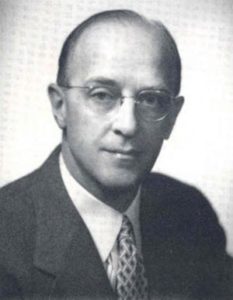 Person-centered therapy, developed by Carl Rogers in the mid 1950s, assumes that human beings have an innate drive to grow towards their potential when they are in a nurturing and accepting environment.
Person-centered therapy, developed by Carl Rogers in the mid 1950s, assumes that human beings have an innate drive to grow towards their potential when they are in a nurturing and accepting environment.
Premise
In Rogers’ person-centered therapy the client is recognized as the expert; the therapist creates the environment that will facilitate their client’s growth. To Rogers, the therapist’s character attributes were key to creating the conditions to facilitate client’s personal growth. They include: authenticity, genuineness, empathy with an unconditional positive high regard for their client. The therapist’s active listening and reflecting back to the client what they had said and what was not said (emotional content) within a facilitative, empathic environment they create, enhances client awareness and enables them to discover what’s right for them, a process that positively influences self-esteem and self-actualization.





